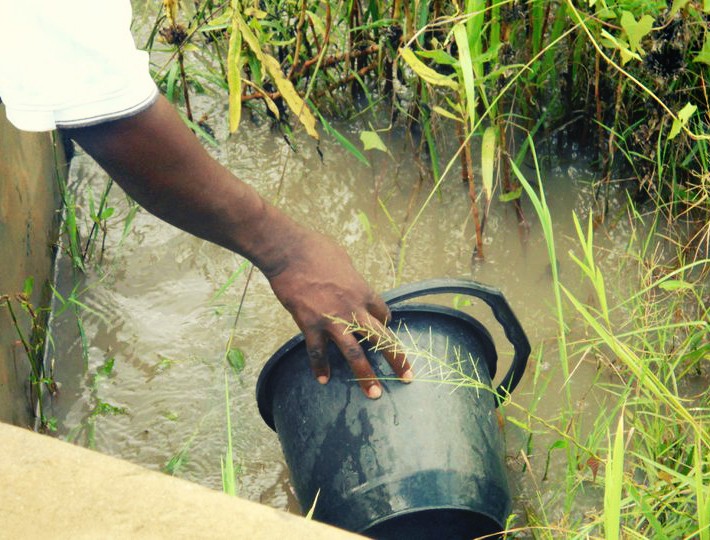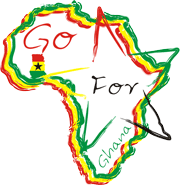The situation in Ghana
In Germany, we only have to turn on the tap and we can have as much pure, clean water as we wish. In Ghana, things are completely different. Many people have to walk for hours to get water and then have to carry it home in canisters. Sometimes they do not even know whether the water is drinkable or whether it is contaminated with germs – quite apart from the fact that the hygiene of the canisters is also neglected. Chronic water shortages and contaminated water often result in drought, epidemics and starvation. In most parts of Ghana and especially in rural areas, it is quite normal for children to walk several kilometres several times a day to get fresh drinking water for their families. Children, usually between the ages of 3 and 15, are sent out in the morning to the far distant water point. The places where they get their daily ration of drinking water are often more than 5 kilometres away. Depending on the size of the bucket, the children have to carry 15-20 litres home on their heads. The paths are often stony, boggy and sandy, so that the journey is often long and exhausting.
Well digging for the Farm of Hope
To advance the project it is very important for us to have water on site. Our aim is to have an independent supply of clean water. There is no public water supply to the site and the nearest water point is 3 km away. To ensure the drinking water supply and irrigation of the farm, we need about € 7,500 to dig a well and collect rain water.
Our water supply will not just be used for the farm, but will also improve the infrastructure and relieve the water supply Bosomabra.
Our water supply will be available to the inhabitants of the village free of charge to enable many people to quench their thirst. Regular checks on the quality of the water will eliminate the danger of epidemics and the nearby water supply will reduce the physical demands on the children.
Implementation
Construction of the well will start by digging a shaft down to the aquifer. The walls of the shaft will be sealed with clay to produce an impermeable lining. The shaft may also be lined with concrete rings. The well head will be built of brick and rendered with cement. Pipes will be installed in the shaft and connected to a hand pump. Pumping causes vibrations, which rotate the attachment at the end of the pump and carry the water up to the surface.




